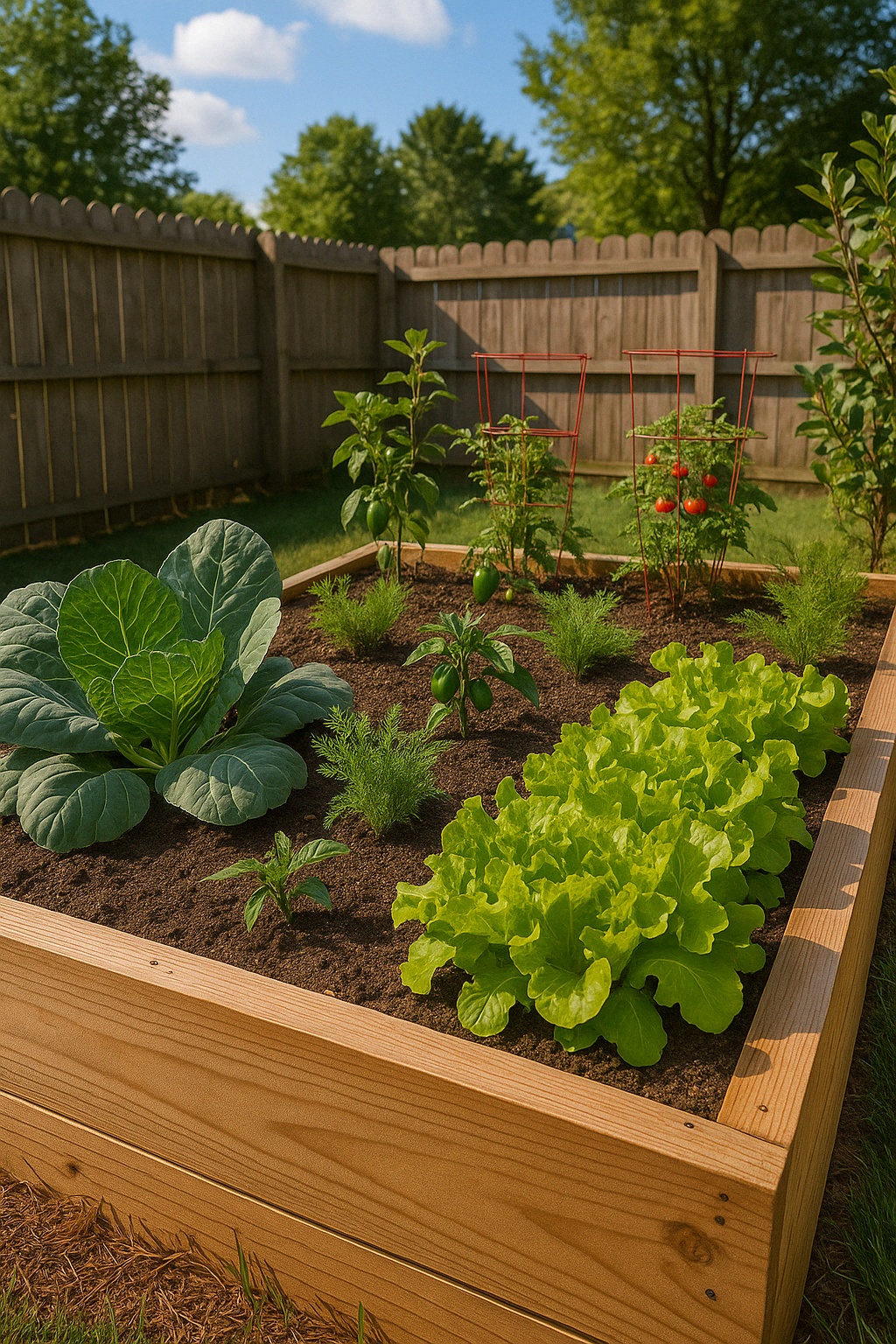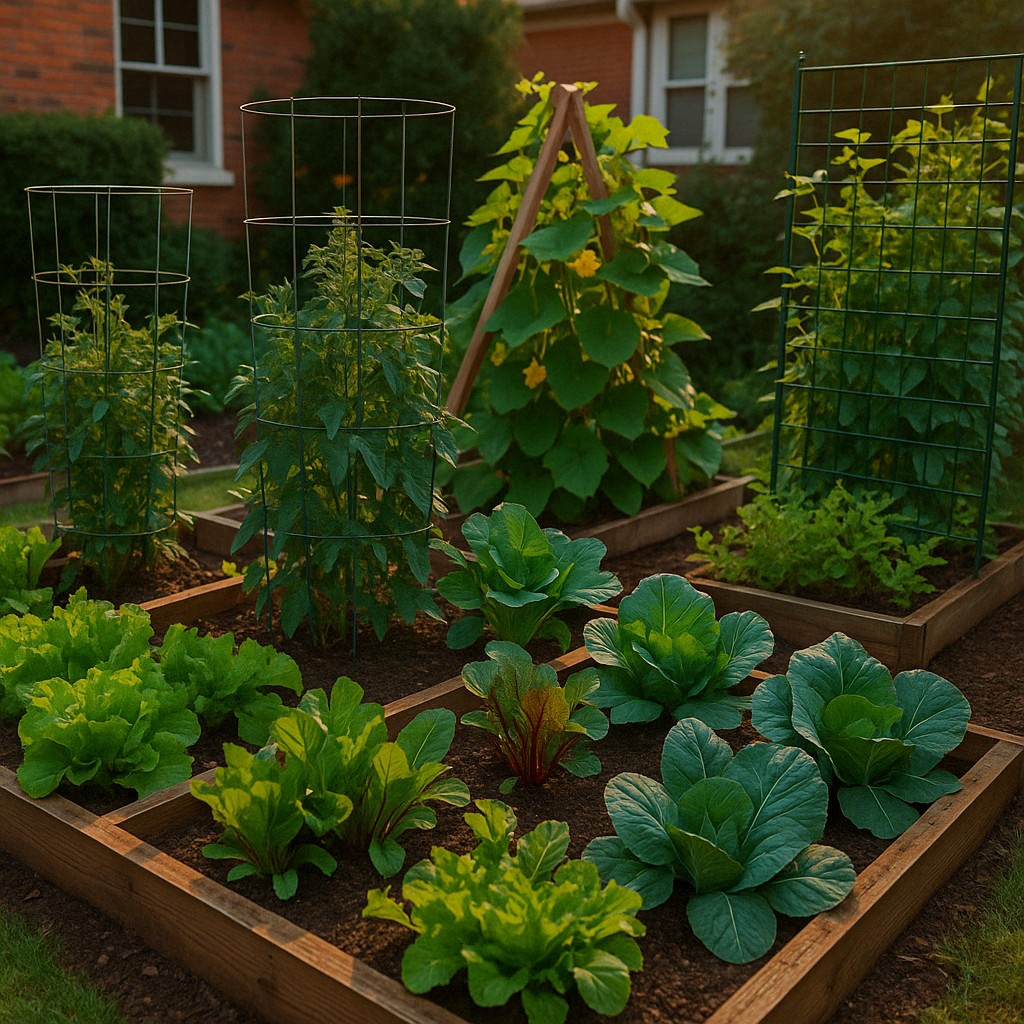Atlanta’s warm climate and long growing season make it ideal for growing vegetables — but heavy, compacted clay soil can be a big challenge. That’s why raised beds are one of the smartest ways to garden in Georgia. They give you control over soil quality, improve drainage, and make planting, weeding, and harvesting a whole lot easier. Here’s how to build and use raised beds to grow your best garden yet.

Why Raised Beds Work So Well in Atlanta
Georgia’s red clay holds nutrients but drains poorly, which can suffocate plant roots. Raised beds solve this by giving you a custom soil mix above ground — with better aeration, drainage, and root development.
- Better drainage: Essential during heavy spring rains
- Fewer weeds: You control the soil, so fewer weed seeds sneak in
- Higher yields: Warm, loose soil speeds up plant growth
- Easy access: Less bending and no digging required
How to Build a Raised Garden Bed
You can buy a kit or build your own. Cedar and redwood are rot-resistant, but pressure-treated pine is budget-friendly and safe under modern guidelines.
- Size: 4×8 feet is popular and manageable — make sure you can reach the middle from each side
- Depth: 10–12 inches deep gives roots room to grow and handles most crops
- Base prep: Remove grass or lay down cardboard to block weeds
What to Fill It With
Skip the Georgia clay! Instead, use a mix of:
- 1 part compost
- 1 part peat moss or coconut coir
- 1 part vermiculite or aged pine bark fines
This lightweight, nutrient-rich blend supports vegetables from root to fruit.
What to Plant in April
April in Atlanta is prime planting time. Try:
- Greens: Collards, kale, lettuce, and arugula
- Tomatoes & Peppers: Start transplants now for summer harvests
- Root Crops: Carrots, beets, and radishes do well in deep, loose soil
Tips for Success
- Use mulch to keep weeds down and moisture in
- Install drip irrigation for even watering
- Rotate crops each season to maintain soil health
Grow Big with a Simple Upgrade
Raised beds are one of the easiest upgrades you can make to your garden — especially in a clay-heavy climate like Atlanta. With good design and proper soil, you’ll enjoy better harvests and easier upkeep all season long.
Ready to keep planting? Don’t miss our April Planting Guide for Atlanta or download the Atlanta April Yard Checklist to stay on track.



